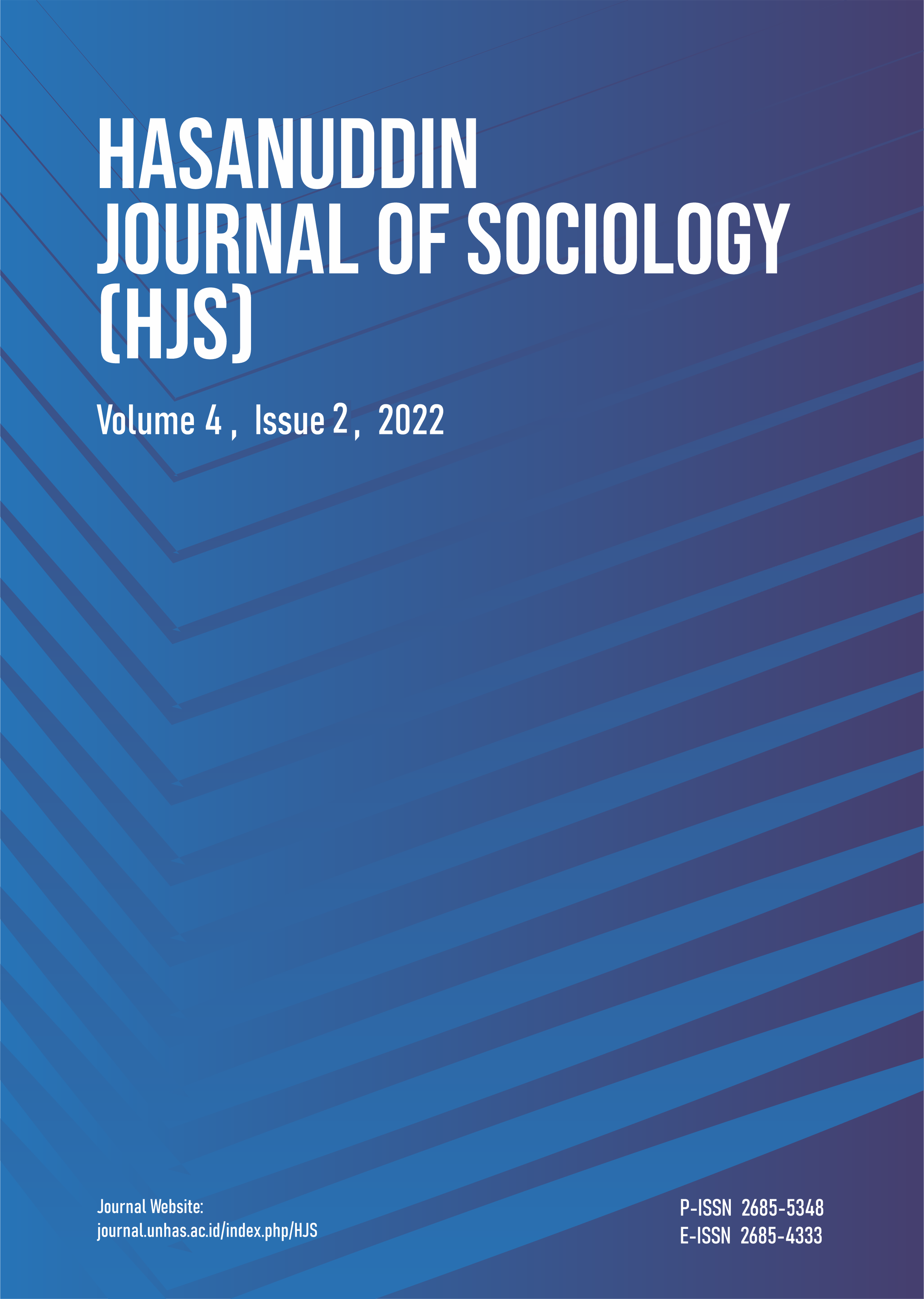Socio-Economic Analysis of Seaweed Farmers (Case Study of Papan Loe Village, Pajukukang District, Bantaeng Regency)
DOI:
https://doi.org/10.31947/hjs.v4i2.25102Abstract
This study aims to analyze the challenges experienced by seaweed farmers in Papan loe Village, Pajukukang District, Bantaeng Regency and the form of social class for seaweed farmers in Papan Loe Village, Pajukukang District, Bantaeng Regency. The problems experienced by seaweed farmers are related to various structural system challenges in the shape of the social class of seaweed farmers. The results showed that a person's social class obtained from seaweed farming activities was divided into 2 types, namely the upper class (punggawa) and the lower class (sawi). Punggawa is defined as a person who has his own capital, has his own land and has a workforce from other people and has thoughts on how to get a profit commensurate with his work as a seaweed farmer while mustard greens themselves are people who work under the hands of other people, those who are funded, or those who sell seaweed products at low prices to courtiers. Classification between upper class and lower class is also clearDownloads
Download data is not yet available.
Downloads
Published
2023-01-19 — Updated on 2022-12-28
Issue
Section
Articles









